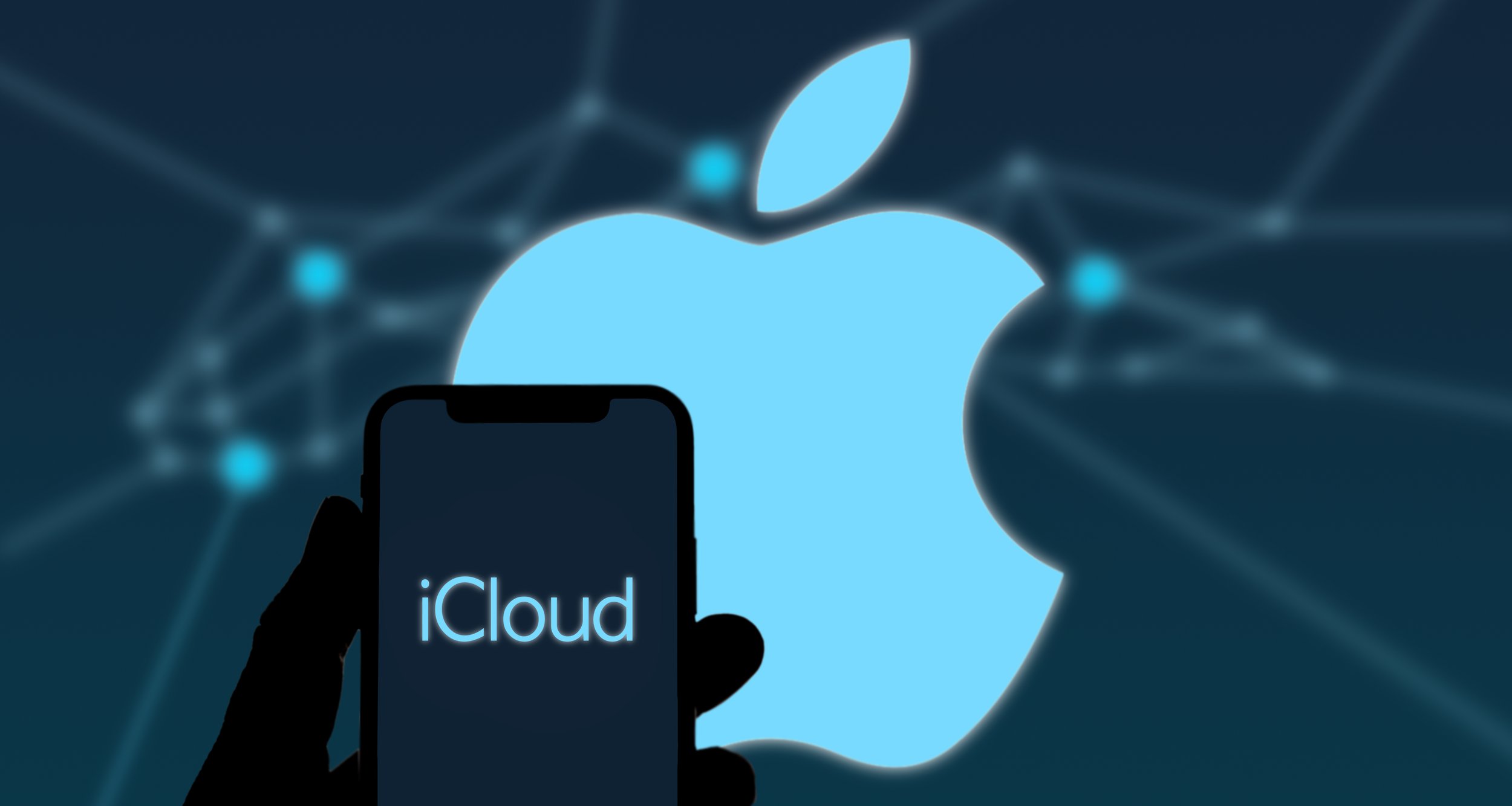My Two Cents: Podcasting for Lawyers - How the 2024 Podcast Movement in DC is Shaping Legal Practices.
/Your favorite Tech-Savvy Lawyer at 2024 Podcast movement!
There is a clear, growing intersection of law and podcasting. This is why I attended last week’s 2024 Podcast Movement in Washington, DC. As a lawyer who attended this event, I found myself amidst a vibrant community of creators, including familiar faces like former podcast guests David Hamilton of Mac Geek Gab and Gordon Firemark, known as The Podcast Lawyer™. Although the number of lawyers was small, the convergence of legal professionals and podcasters underscores a compelling trend: lawyers should embrace podcasting as a powerful tool for their practice.
Benefits of Podcasting for Lawyers
Podcasting offers numerous advantages for lawyers. Firstly, it serves as an excellent platform for thought leadership. By sharing insights and expertise, lawyers can establish themselves as authorities in their respective fields. This not only enhances their professional reputation but also attracts potential clients who seek knowledgeable legal counsel. And when you see sponsors and vendors like CNN Radio, NPR, and SiriusXM, there is clearly a large market to tap into and as I think echoed amongst the attendees there is plenty of room for more podcast shows and talent. THIS COULD INCLUDE YOU!
Moreover, podcasting provides a unique opportunity for networking and collaboration. At the Podcast Movement, reconnecting with previous podcast guests like Dave and Gordon and meeting and hearing from people like Lindsay Bowen and Andrea Sager (both discussed below) exemplified the community-building aspect of podcasting. Such interactions can lead to fruitful partnerships and referrals, expanding a lawyer's professional network.
Lawyer like any podcaster must be mindful of legal issues when podcasting!
Additionally, podcasting can demystify legal concepts for the general public. By breaking down complex legal issues into accessible content, lawyers can educate their audience, fostering a better understanding of the law. This educational aspect not only benefits listeners but also positions lawyers as approachable and client friendly.
Legal Concerns in Podcasting
Despite its benefits, podcasting is not without legal challenges. During the Podcast Movement, Gordon Firemark's presentation, "Lights, Camera, Lawyers! - Legal issues video creators encounter that you might not have considered," highlighted potential pitfalls. Issues such as intellectual property rights, defamation, and privacy concerns are paramount. Lawyers venturing into podcasting must be vigilant about these legalities to avoid potential liabilities.
Lindsay Bowen, another lawyer for podcasters, discussed "NO FAIR! Let's talk about fair use," emphasizing the importance of understanding copyright laws when using third-party content. Furthermore, I talked with lawyer Andrea Sager of The Legalpreneur Podcast about on getting trademarks for your podcast underscoring the necessity of protecting one's brand in the podcasting space.
Final Thoughts
There is a large and growing market for lawyers who podcast!
Through The Tech-Savvy Lawyer.Page Blog and Podcast, I have consistently advocated for the integration of technology in legal practice. Tools like Podcasting presents a valuable opportunity for lawyers to expand their influence, connect with peers, and educate the public. This aligns perfectly with the ethos of podcasting, which democratizes information and reaches a broad audience.
However, it is crucial to navigate the legal landscape carefully. By understanding and addressing potential legal issues, lawyers can harness the full potential of podcasting, ensuring it becomes a beneficial extension of their practice. As the legal profession continues to evolve, embracing platforms like podcasts will be essential for staying relevant and impactful in the digital age.
MTC








































